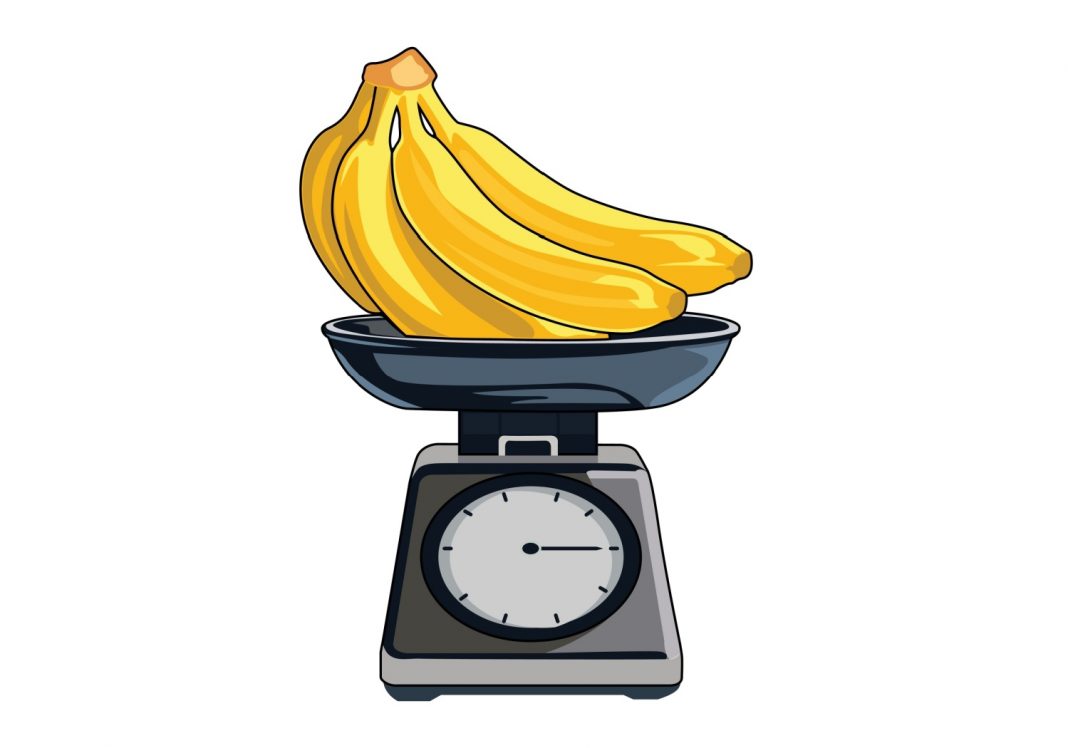Bananas are a popular and nutritious fruit, but if you have diabetes, you may wonder whether they are safe to eat. Since bananas contain natural sugars, many diabetics worry about their impact on blood sugar levels. Let’s explore whether people with diabetes can include bananas in their diet and how to do so safely.
Bananas and Diabetes
Bananas contain carbohydrates, primarily in the form of natural sugars and fiber. Since carbohydrates affect blood sugar levels, people with diabetes need to monitor their intake. However, bananas also have a low to medium glycemic index (GI), meaning they do not cause rapid spikes in blood sugar when consumed in moderation. The fiber content in bananas helps slow down digestion and sugar absorption, reducing the likelihood of blood sugar spikes.
Cooking and Preparation
The way bananas are prepared can influence their effect on blood sugar levels. Here are a few considerations:
Raw bananas are preferable to overripe ones since ripeness increases sugar content.
Green bananas have more resistant starch, which helps improve insulin sensitivity and has a lower impact on blood sugar.
Banana-based desserts (like banana bread or milkshakes) often contain added sugars and should be consumed cautiously.
Diet and Safety Tips
If you have diabetes and want to eat bananas, follow these tips to enjoy them safely:
Eat bananas in moderation (half or one small banana per serving).
Pair them with protein or healthy fats, such as nuts or yogurt, to slow down sugar absorption.
Choose less ripe bananas to lower their glycemic impact.
Monitor your blood sugar levels after consuming bananas to understand how they affect you individually.
Nutrition
Bananas are rich in essential nutrients that offer health benefits beyond blood sugar control:
- Fiber: Supports digestion and helps regulate blood sugar levels.
- Potassium: Aids in heart health and muscle function.
- Vitamin B6: Important for brain function and immune health.
- Antioxidants: Help reduce inflammation and protect against chronic diseases.
Who Should Avoid Bananas?
While most people with diabetes can eat bananas in moderation, some should be cautious:
Those with uncontrolled blood sugar levels should limit banana intake.
People with kidney disease need to monitor potassium intake, as bananas are high in potassium.
If you are on a low-carb diet, bananas might not fit into your meal plan.
Conclusion
Bananas can be part of a healthy diet for people with diabetes when eaten in moderation and with proper meal planning. Choosing the right ripeness, controlling portion sizes, and pairing them with protein or fats can help manage their impact on blood sugar. As with any food, it’s important to listen to your body and consult a healthcare professional if you have concerns about including bananas in your diet.




